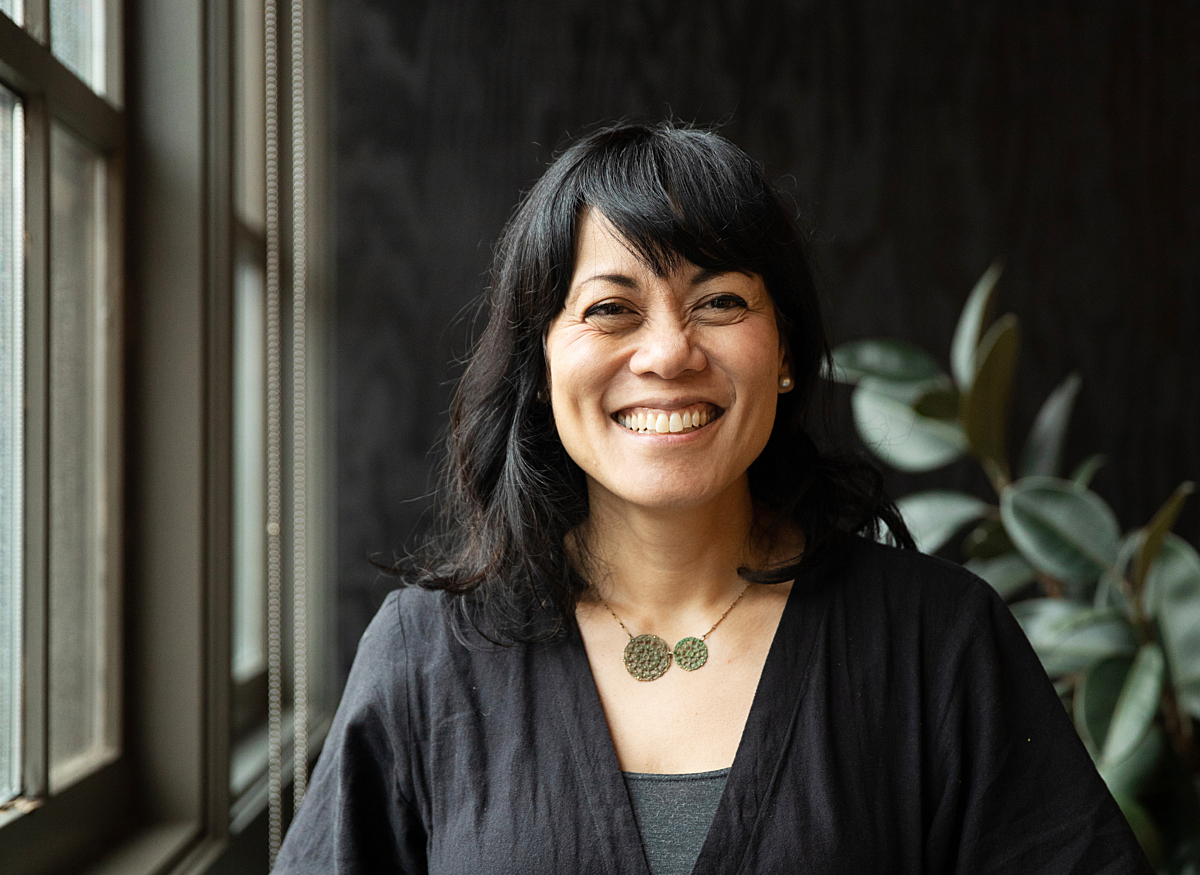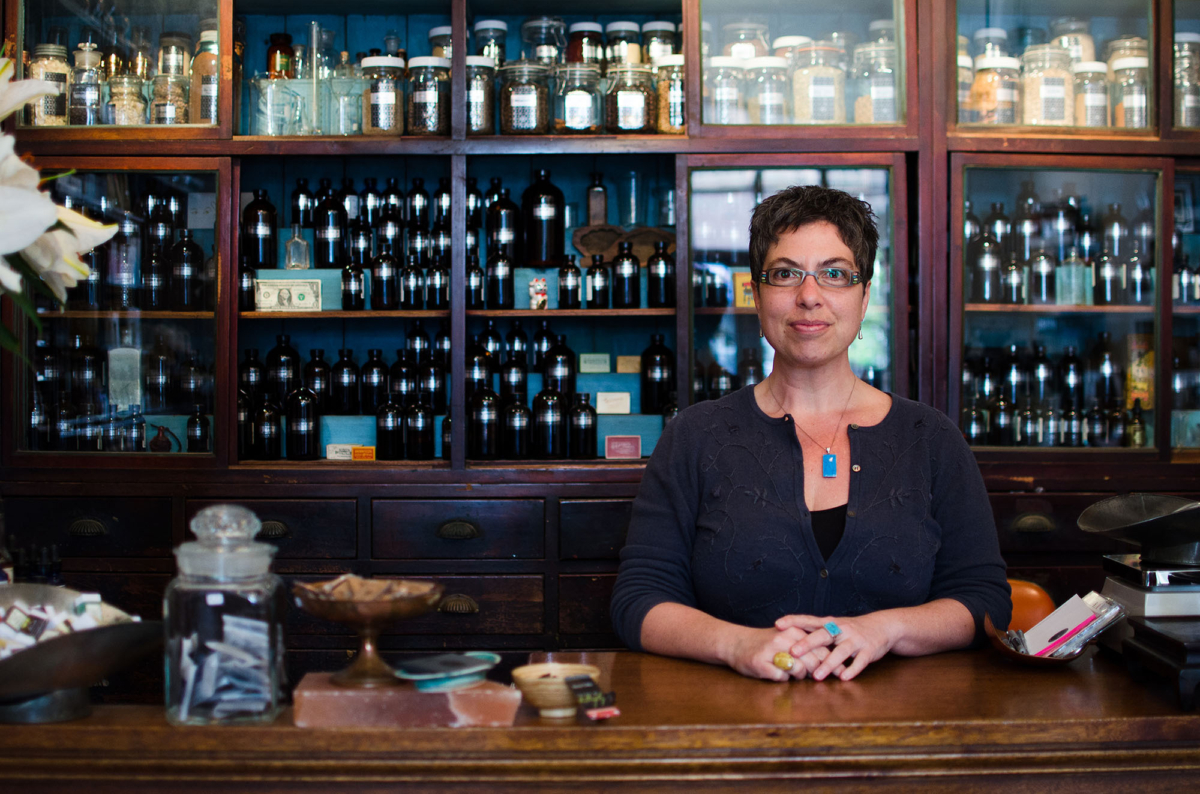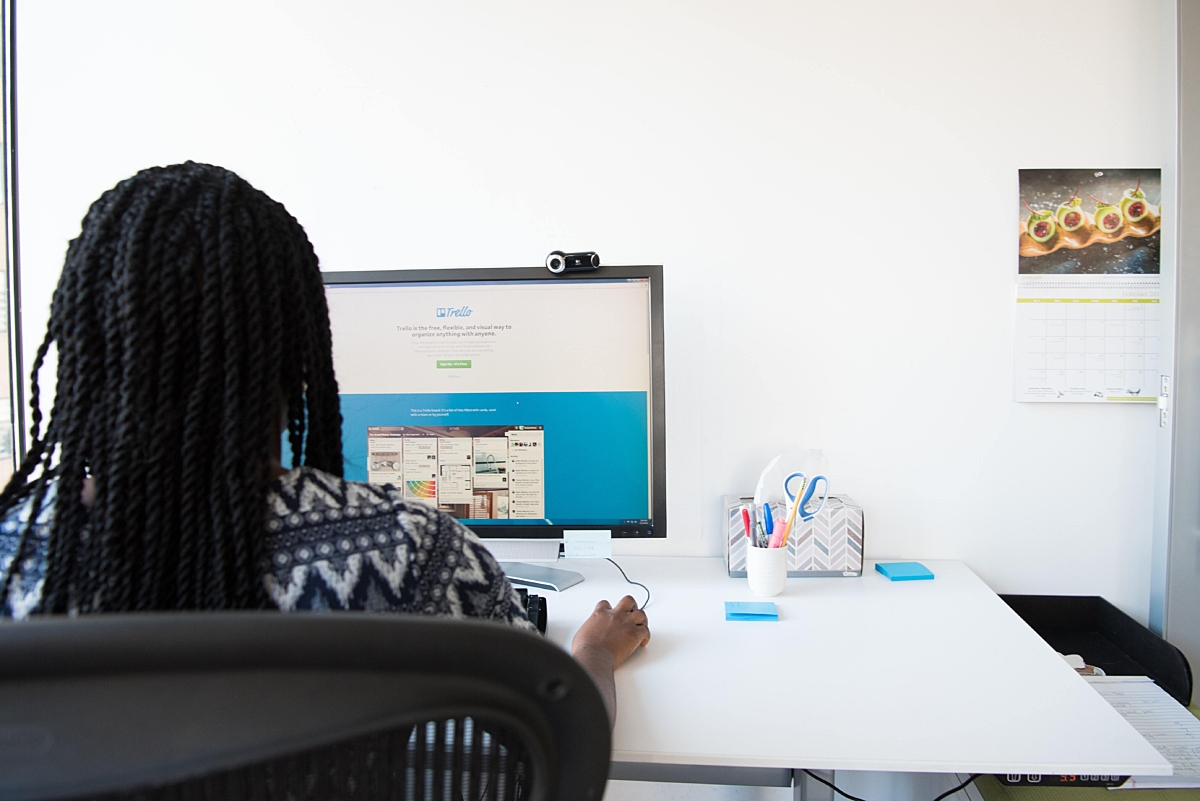Culture
Sheryl Cababa joins Substantial as VP of Strategy

Sheryl is a multi-disciplinary VP with more than two decades of experience. She grew her craft as Executive Creative Director at Artefact and prior to that, was a designer at Frog and Adaptive Path. At Substantial, she works with all sorts of interesting people and companies, conducting design strategy and research. She believes the practice of design needs to be more outcomes-focused, and designers and technologists need to take greater responsibility for their work by considering unintended consequences. She pushes for design to be more transparent, meaningful, and ethical.
Sheryl is an international speaker and workshop facilitator. She has plenty of experience running design strategy workshops and leading projects. In the end, she’s all not just orienting around a human-centered approach to design, but also investigating the understanding of systems and outcomes to improve people's lives.
When she’s not in the office, she can be found at the University of Washington helping educate the next generation of Human-Centered Design and Engineering students or attending a board meeting for Design in Public.
Sheryl sat down with our communication team to discuss her move to Substantial and the future of design, technology and ethics.
Why did you decide to join Substantial as VP of Strategy?
At Substantial, I enjoy the combination of conceptual and pragmatic thinking. We don’t only consider the stakeholders, context, and behaviors that a digital product or service might affect, but also the practical development of those products because we’re the ones building them. This end-to-end practice is important to me as a design strategist: strategic thinking can be inventive, but where the rubber hits the road is in the execution. We are also a very ‘yes and’ environment: I definitely appreciate my colleagues here; they are super open to new ideas.
What skills to designers need in order to adapt to the future?
Designers need to be more outcomes-focused, and consider themselves facilitators of change, both literal and theoretical. When it comes to digital technology, we’ve traditionally been the creators of outputs that are 1) a reflection of strategic (or non-strategic!) oversight, and 2) are oriented around the immediate benefits of individual use. I now think of my practice of design as informing the creation of inputs for not just other designers to use, but to inform the whole process of invention and problem-solving by asking the right questions. How do we orient toward societal outcomes rather than creating technologies that adhere to benefitting just users? Designers need to engage in more expansive thinking around the nature of our practice, as well as designing intentionally and explicitly for broad societal impact.
What is a problem you can't stop thinking about that design might solve?
As a cyclist, I am constantly thinking about urban transportation problems in a directly experienced way, which is to say, when riding my bike in Seattle, I feel unsafe! For nearly a century in the U.S., our built environment has been oriented around cars, which has clearly led to many terrible societal outcomes, such as rising pedestrian deaths. We are in a moment where people are recognizing this, but I think our attraction to solutions favors the technologically new, such as autonomous vehicles. The real solutions aren’t sexy at all, for example, the public transit activist Steven Higashide writes and speaks about how the humble bus is the path to cheaper, more equitable, and more sustainable urban transit solutions. As a designer, I explicitly try to recognize that often it’s a combination of incremental changes that creates the best outcomes, so we need to be intentional about viewing wicked problems with a systems-oriented lens.
Are you optimistic about the future of technology?
Yes, definitely. I don’t think I’ve always been, and in fact, a few years ago, I thought we were at a dire point in terms of many companies’ irresponsible development and use of digital technology. I think we’ve collectively arrived at a point where many of those who are closest to the tech industry are demanding more ethical behavior, more accountability, and more regulatory oversight of tech companies and organizations. Our reaction now can lead to proactive approaches that emphasizes the best societal outcomes for emerging technology. I want to contribute by pushing the design strategy practice in that direction.
Who are some mentors and role models of yours in the field of Design & Technology?
I think as a designer, it’s my job to look to ideas both within and outside of the industry. Within the design practice, I appreciate Terry Irwin’s work on transition design, which shifts the activity of design to be oriented around long-term, rather than short-term, impact. I’m also inspired by the work that my good friend Tracy Johnson, a senior program officer at the Gates Foundation, has been doing to integrate behavior change and human-centered design methods in global health. Another area of inspiration for me are those who are working to increase diversity in tech. Janell Jordan, Sam Gil-Vargas and their team are heroes who organize Womxn of Color in Tech and Geeking Out Kids of Color. This is how we start changing access and power structures in tech.
Outside of the design practice, I love how the writer Jia Tolentino interrogates the role of technology in culture, and the individual and collective impact of our relationship with the internet. (Also, her takedown of the Fyre Festival is maybe as epic as the festival failure itself.)
I read anything that Atul Gawande writes about healthcare. He takes a systemic lens to understanding long-term impact of our approach to incremental care, geriatric care, and the industry overall.
What's your favorite app and why?
One of my favorite apps is StoryCorps. I appreciate apps that encourage people to create rather than consume. It’s such a lovely and easy way to record stories for posterity, and I really enjoy the perspective of creating a collective historical record. I was really excited when my daughter and niece recorded an interview with my parents; it was the first time they really heard those stories about their upbringing and immigration to the U.S. It’s an excellent catalyst for connecting people.
What are you currently reading?
I’m reading Frank Dikötter’s How to Be a Dictator: the Cult of Personality in the Twentieth Century. Consider it a cautionary tale for our current moment in time.
The other book I’m re-reading is Ocean Vuong’s On Earth We’re Briefly Gorgeous. I love fiction because it’s such a great path to compassion for other people’s experiences. I actually cried a few times when I first read it not just because the story is so moving, but also because the prose itself is so beautiful. I can’t recommend it enough.
You should also ask that stack of New Yorker magazines on my nightstand if I’m reading them. Hopefully I get some points for effort!


